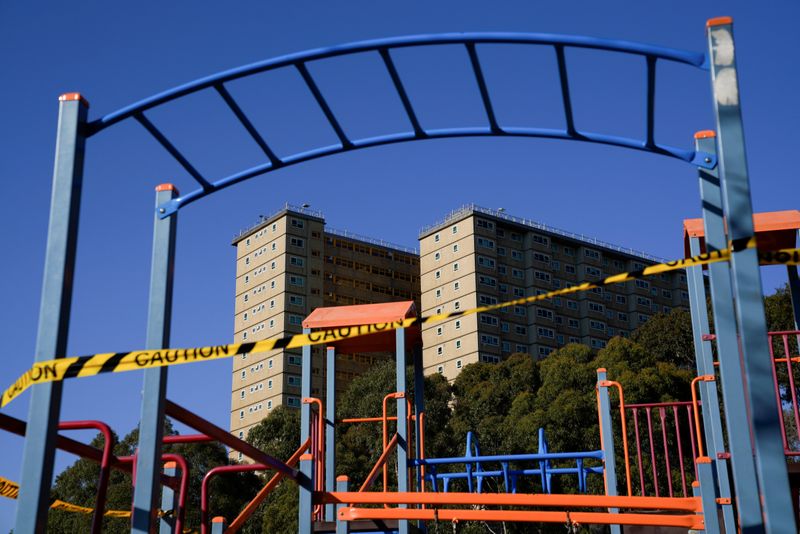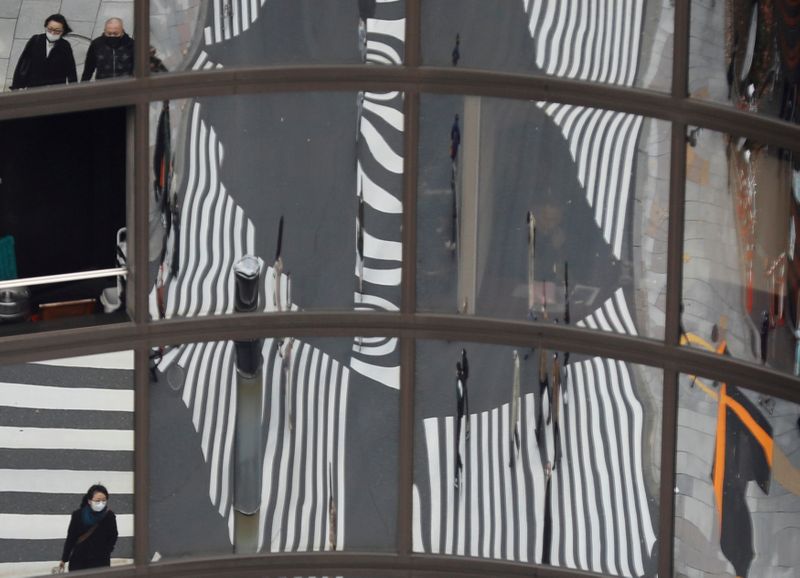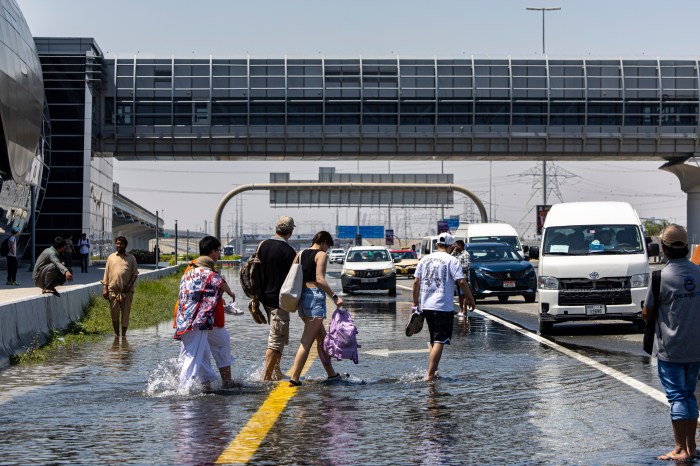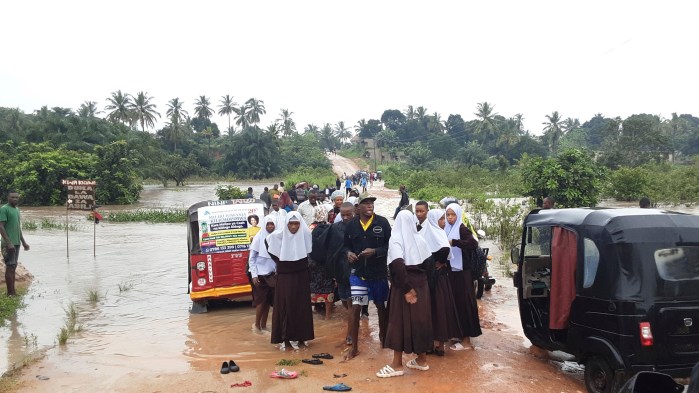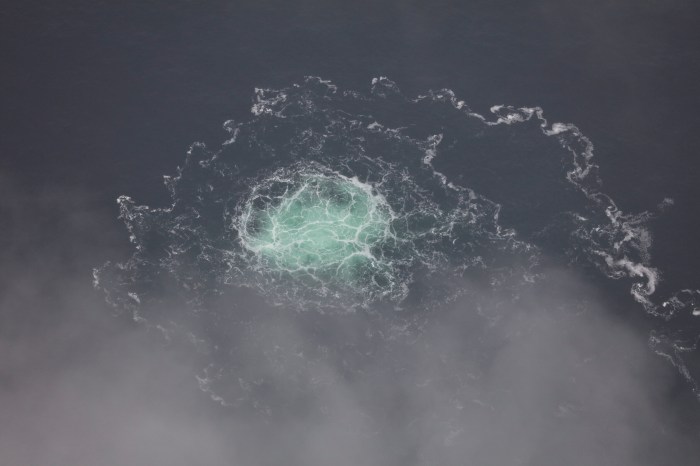(Reuters) – Here’s what you need to know about the coronavirus right now:
France’s Macron tests positive
French President Emmanuel Macron has tested positive for COVID-19, his office said on Thursday, although it was not yet clear where he had contracted the virus.
“The President of the Republic has been diagnosed positive for COVID-19 today,” his office said in a statement. “This diagnosis was made following a PCR test performed at the onset of the first symptoms.”
The presidency said he would isolate for the next seven days and would continue to run the country remotely.
Vaccinations to start across EU from Dec. 27
All European Union member states plan to start vaccinations against COVID-19 from Dec. 27, German Health Minister Jens Spahn said on Thursday.
“In Germany we will start, if the approval comes as planned, on Dec. 27. The other countries in the EU want to be able to start and want to start from Dec. 27,” he said ahead of an online meeting with German Chancellor Angela Merkel and executives from vaccine maker BioNTech.
As an EU member, Germany is obliged, by and large, to wait for the European Medicines Agency to approve the vaccine. The EMA is expected to make an announcement on Dec. 21.
Biden to get vaccine next week
President-elect Joe Biden will get the coronavirus vaccine as soon as next week, transition officials said on Wednesday, as U.S. authorities try to build public confidence in the vaccine
Vice President Mike Pence will get the vaccine on Friday, the White House said. The vaccine will become widely available to the public next year.
Tokyo says strain on hospitals is severe
Tokyo said on Thursday the strain on its medical system was severe, raising its alert level to the highest of four stages as the number of cases spiked to a record daily high of 822.
A health official said it had become difficult to balance the care of COVID-19 patients with regular ones as hospital beds filled up, assigning a “red” alert for medical preparedness for the first time.
“Medical service providers have exhausted all spare resources,” Masataka Inokuchi, vice chair of the Tokyo Medical Association, told a coronavirus monitoring committee meeting. “Reducing the number of (COVID-19) patients will be the only way to go.”
Israel to halt sweeping cellphone surveillance
Israel will halt its cellphone tracking of coronavirus cases next month except for carriers who refuse epidemiological questioning or in the event of a surge in contagions, a government ministry said.
Used on and off since March, the Shin Bet counter-terrorism agency’s surveillance technology checks confirmed carriers’ locations against other cellphones nearby to determine who they came into contact with.
The system has faced challenges in courts and parliament because of privacy concerns and questions about its efficacy.
(Compiled by Linda Noakes; Editing by Frances Kerry)

